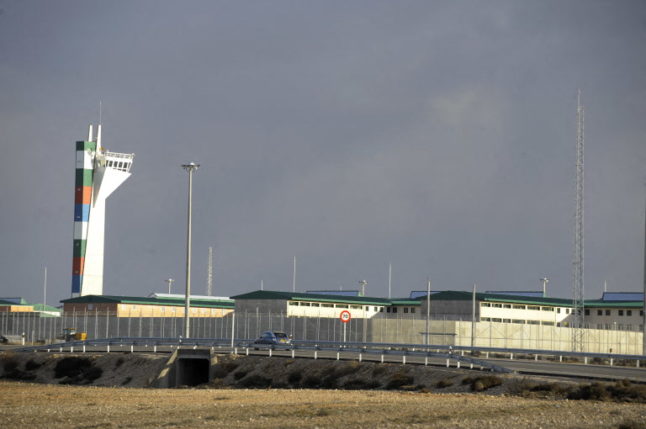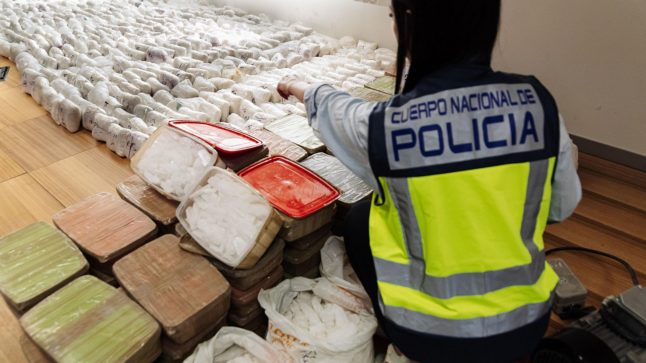The 42-year-old, identified only as Dilawar, has been held at the Estremera prison outside Madrid since he turned himself into police last month after admitting involvement in the triple murder of the two sisters and their disabled brother in December in the nearby town of Morata de Tajuna.
He is now under investigation for allegedly killing his cellmate at the jail on Thursday, the Madrid region’s top court said in a statement.
“Dilawar, accused of the death of three elderly people in the town of Morata de Tajuna last December, will be investigated in this new case for the alleged commission of a crime of intentional homicide,” it said without providing further details.
Spanish media said the prisoner, a 39-year-old Bulgarian, had suffered several blows and was found dead in the cell he shared with Dilawar.
READ ALSO: Police in Spain make arrest in ‘love scam’ murder of senior siblings
The bodies of the three siblings, who were in their 70s, were found in January after neighbours raised the alarm because they had not seen them for several weeks.
The authorities suspect the siblings were beaten to death with an iron bar and their bodies were then partially burned in December.
Quoting local residents, Spanish media said the tragedy was likely linked to a fake online love affair, with the two sisters embarking on what they thought was a long-distance relationship with two apparent US servicemen.
They were led to believe one serviceman had died and that the other needed money so that he could send them a multi-million-euro inheritance, causing the sisters to rack up huge debts.
Initially they began borrowing money from neighbours.
During that time, Dilawar had reportedly lent the sisters at least 50,000 euros ($55,000), which they had never repaid, prompting his violent attack on one of the sisters.
He spent several months in jail for hitting one of the sisters over the head with a hammer last year at their house where he was living as a tenant but he was released from prison in September.



 Please whitelist us to continue reading.
Please whitelist us to continue reading.
Member comments